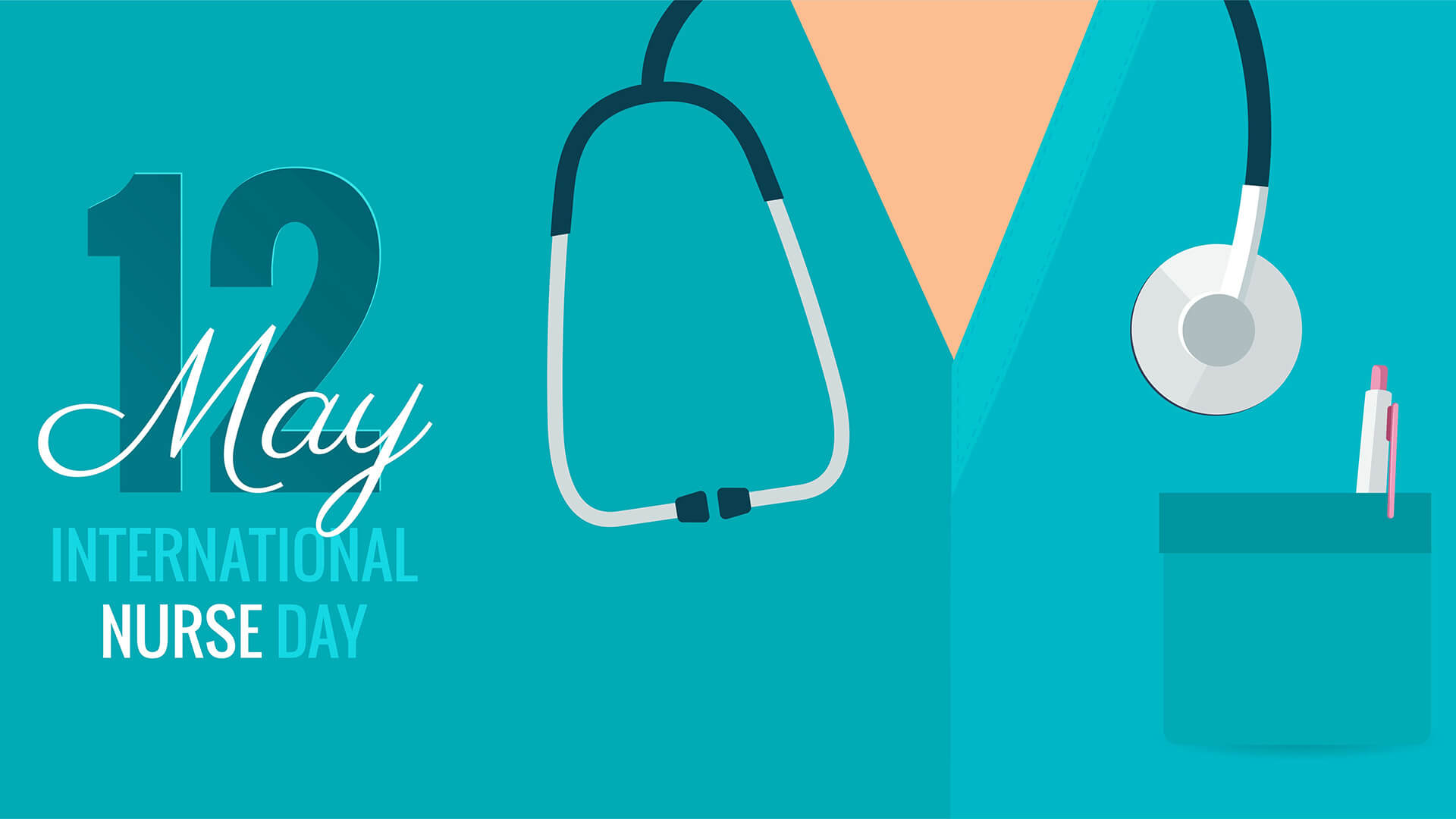Following the rise of the Covid-19 virus in February 2020 in the UK and a subsequent national lockdown imposed on the 23rd of March 2020, the lives of our healthcare professionals, also known as our frontline fighters, changed forever. Nurses were amongst those deeply affected by swift changes made by the NHS to accommodate the rising number of cases of this unknown virus.
A survey conducted by the Royal College of Nursing found that over 51% of the nursing staff were working in high-risk environments, which included Covid-19 patients, in April 2020. We also saw many retired nurses and/or nurses who left the profession, had returned to the hospitals to help the nation during this crisis. The survey identified that 51% of nurses were not given clean personal protective equipment (PPE) and were felt pressured to reuse PPE. Moreover, a new survey conducted by the Nursing Standard reveals that the pandemic has had an incredibly detrimental effect on the mental health of nurses.
The Mind have reported that a third of their 3,500 survey respondents said that “their mental health was ‘bad’ or ‘very bad’” and that their concerns were largely to do with the “lack of PPE, contracting the virus themselves, and the health of family and friends.” Paired with the constant anxiety and pressure of redeployment, increased job pressures and separation from loved ones. This has now resulted in the deterioration of their physical health, as nurses report to be experiencing symptoms such as headaches, muscle pains, shortness of breath and regular headaches.
As a nurse, it is common to feel stressed and anxious as they are coping with the pandemic, since they are going into work and are exposed directly to the virus, while the rest of the UK’s population is instructed to stay at home and avoid going out as much as possible.
The World Health Organisation (WHO) recognise the impact of Covid-19 on healthcare workers and have urged healthcare workers, especially nurses to manage their stress and mental & physical wellbeing to keep up with the pace of the pandemic.
Nursing Standard have listed some tips for managers and team leaders on how to support their team’s mental health:
- Ensure staff receive good communication and accurate updates
- Ensure staff are given regular breaks
- Rotate workers from high-stress to lower-stress functions
- Buddy colleagues to help provide support, monitor stress levels and reinforce safety procedures
- Implement flexible schedules for workers who are directly affected or have affected family members
- Ensure staff have access to support services
- Encourage staff to destress and socialise at work too, during lunch breaks
Furthermore, there are many wellbeing apps which are now available to the NHS staff for free to help them focus on their mental health.
This International Nurses Day, we at GHP would like to applaud our nurses and healthcare workers for the work that they do, despite the risks involved, and the sacrifices they make in order to help and protect us from this virus.

















